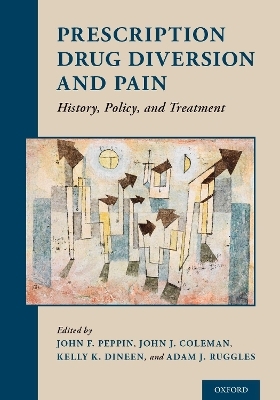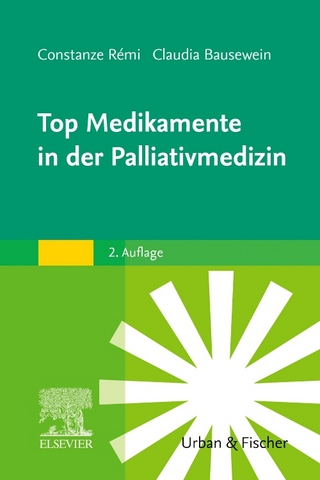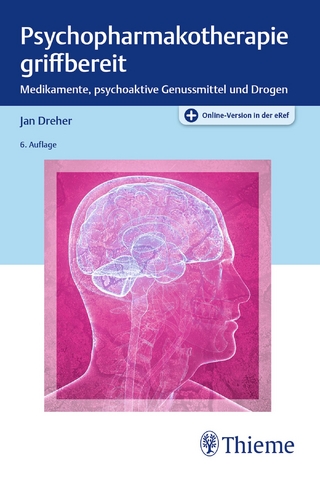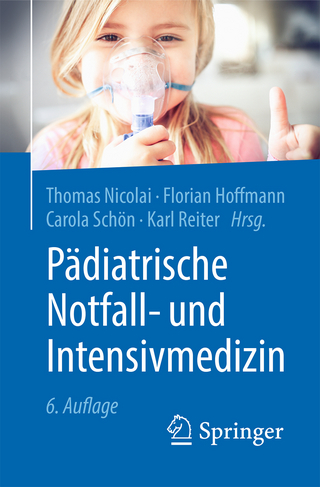
Prescription Drug Diversion and Pain
Oxford University Press Inc (Verlag)
978-0-19-998183-0 (ISBN)
Dr. Peppin is board certified in Internal Medicine and pain medicine and is a certified EPEC trainer. Elected Fellow of the American College of Physicians, Kentucky Colonel in 2009 and PainWeek 2011 Clinician of the Year he has been active in the pain, palliative medicine, bioethics and internal medicine fields for over 20 years. Has published over 65 articles in the fields of pain management, palliative care and bioethics and edited books and given numerous lectures, papers and posters at conferences nationally and internationally. Dr. Peppin has been a reviewer for the Cochrane PaPaS group. Additionally he has been on editorial boards and is a reviewer for multiple journals. He currently has an active health care consulting business. Dr. Coleman's career began with fighting the French Connection, first in New York City, and then as Narcotics Attaché assigned to the American Embassy in Paris, France. His assignments carried him throughout the U.S. and around the world. He was appointed Assistant Administrator of the DEA in charge of operations, including the Office of Diversion Control. After retiring, Dr. Coleman founded the Prescription Drug Research Center LLC to assist companies in developing Abuse-Deterrent Drugs. Dr. Coleman was elected President of DrugWatch International, Inc., a global non-profit group dedicated to fighting drug abuse through education and prevention. Dr. Dineen is the director of the health law program at Creighton University School of Law. Before earning her JD and PhD (health care ethics), she practiced nursing in several practice areas, including working with many patients with chronic persistant pain. Her law practice included representing individual and institutional health care clients in regulatory and licensure matters. Dr. Dineen's current research focuses on the decision making in health policy and regulation and the impact on people with highly stigmatized conditions, such as high-impact chronic pain and addiction. Mr. Ruggles is a licensed attorney and current Ph.D. student. While earning his J.D. from Saint Louis University, he served the indigent population within the Archdiocese of Saint Louis through his work with Catholic Legal Assistance Ministry. Following law school and admittance to the Missouri Bar, he finished coursework towards a Ph.D. in health care ethics. His areas of interest include addiction, end of life issues, and the various other intersections of law and bioethics.
Chapter 1: Opioid Medications: Old Wine in New Bottles
Timothy Atkinson, John J. Coleman, and Jeffrey Fudin
Chapter 2: Legal Regulation of Prescription Opioids and Prescribers
Kelly K. Dineen and Adam J. Ruggles
Chapter 3: Monitoring Prescriptions, Third-Party Healthcare Payers, Prescription Benefit Managers, and Private Sector Policy Options
John J. Coleman
Chapter 4: Whatever Happened to the Decade of Pain Control and Research?
John J. Coleman
Chapter 5: Evaluation and Treatment of the Chronic Pain Patient: Practice and Complexity
John F. Peppin, Pravardhan Birthi, Bill H. McCarberg, and Yvonne D'Arcy
Chapter 6: An Overview of the Abuse Potential of Non-Opioids: Sedatives, Hypnotics, and Stimulants
Christopher M. Herndon and Kelly N. Gable
Chapter 7: Psychiatry and Chronic Pain: An Associative Connection
Hani Raoul Khouzam
Chapter 8: Managing Pain in Patients with a History of a Substance Use Disorder: Challenges and Opportunities
Martin D. Cheatle
Chapter 9: Special Populations
Kelly K. Dineen
Chapter 10: The Demise of Interdisciplinary Chronic Pain Management and Its Relationship to the Scourge of Prescription Opioid Diversion and Abuse
Michael E. Schatman
Chapter 11: Pain Management Assessment Beyond the Physician Encounter: Urine Drug Monitoring and Patient Agreements
Anand C. Thakur
Epilogue
John F. Peppin, John J. Coleman, and Kelly K. Dineen
| Erscheinungsdatum | 01.08.2018 |
|---|---|
| Verlagsort | New York |
| Sprache | englisch |
| Maße | 249 x 175 mm |
| Gewicht | 499 g |
| Themenwelt | Medizin / Pharmazie ► Medizinische Fachgebiete ► Intensivmedizin |
| Medizin / Pharmazie ► Medizinische Fachgebiete ► Schmerztherapie | |
| ISBN-10 | 0-19-998183-3 / 0199981833 |
| ISBN-13 | 978-0-19-998183-0 / 9780199981830 |
| Zustand | Neuware |
| Haben Sie eine Frage zum Produkt? |
aus dem Bereich


